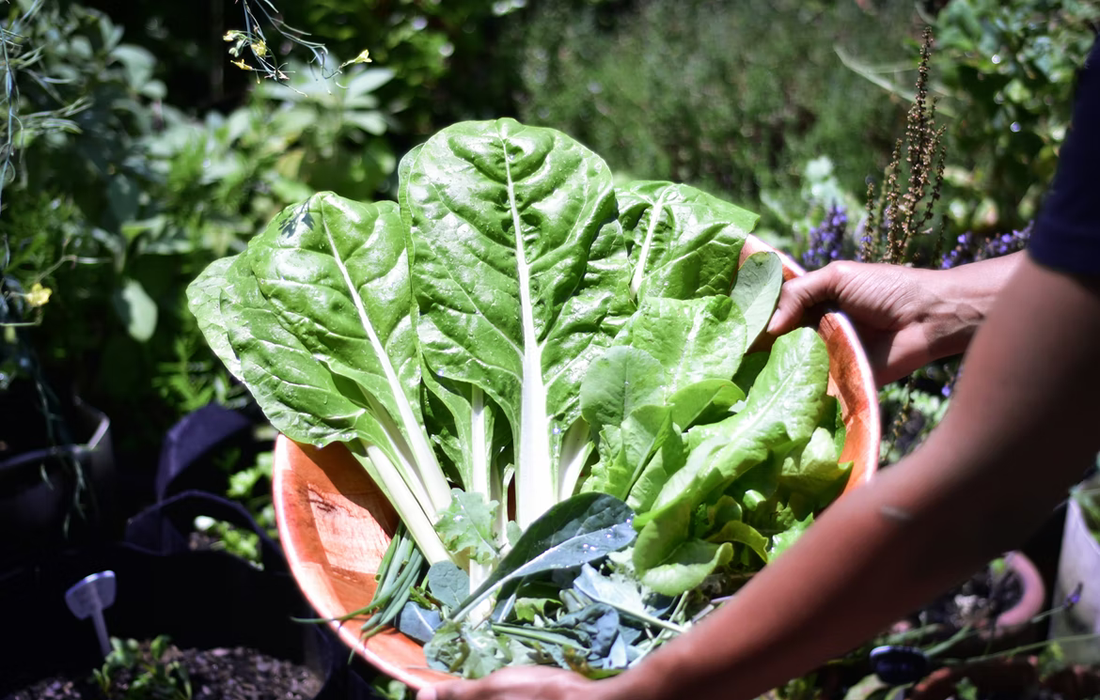Nutrition and Supplements
Antioxidants and Dementia Risk
There are currently more than 6 million people living with Alzheimer’s disease (AD) in the United States and the numbers continue to rise. AD is the most common type of dementia and symptoms include difficulty with short-term memory, language, and decision making.
There is evidence that antioxidants may protect against neurodegeneration. These compounds can prevent or slow the damage to cells caused by oxidative stress.
In a recently published study, researchers looked at several antioxidants in the blood of more than 7,000 participants in the United States and found that higher levels of carotenoids and zeaxanthin together as well as β-cryptoxanthin were associated with a lower risk of dementia, including AD. The study appears in the journal Neurology.
The Importance of Diet
For the study, the team used a dataset that included more than 7,000 participants in the U.S., ages of 45to 90 that were followed up for an average of 16-17 years.
They examined the relationship between the levels of these antioxidants and rates of Alzheimer’s disease and other dementias.
Carotenoids and zeaxanthin are found in green leafy vegetables like kale and spinach, while β-Cryptoxanthin, a carotenoid, is found in berries, apples, and papaya. All of which were associated with a reduced risk of dementia from all causes.
Although not a single food can cure or prevent AD or dementia, there is growing evidence that diet plays an incredibly important role in all aspects of our health, including how our brain ages.
Source:
Eleanor Bird, MS. Higher levels of antioxidants may reduce dementia risk. Medical News Today. Retrieved from:
https://www.medicalnewstoday.com/articles/higher-levels-of-antioxidants-may-reduce-dementia-risk
Image from:
Photo by Elias Morr on Unsplash

